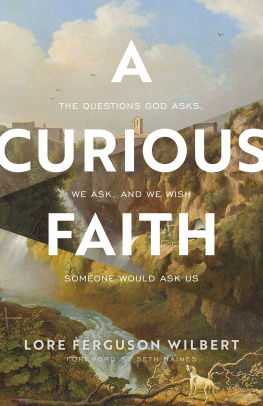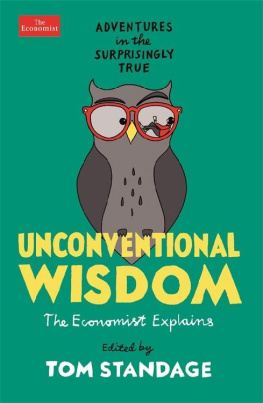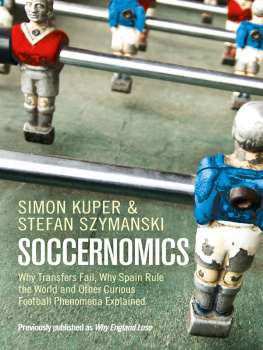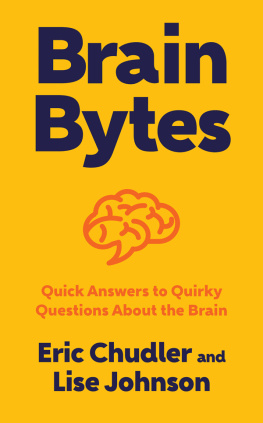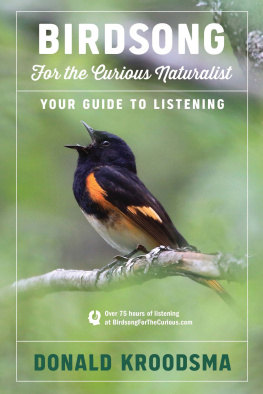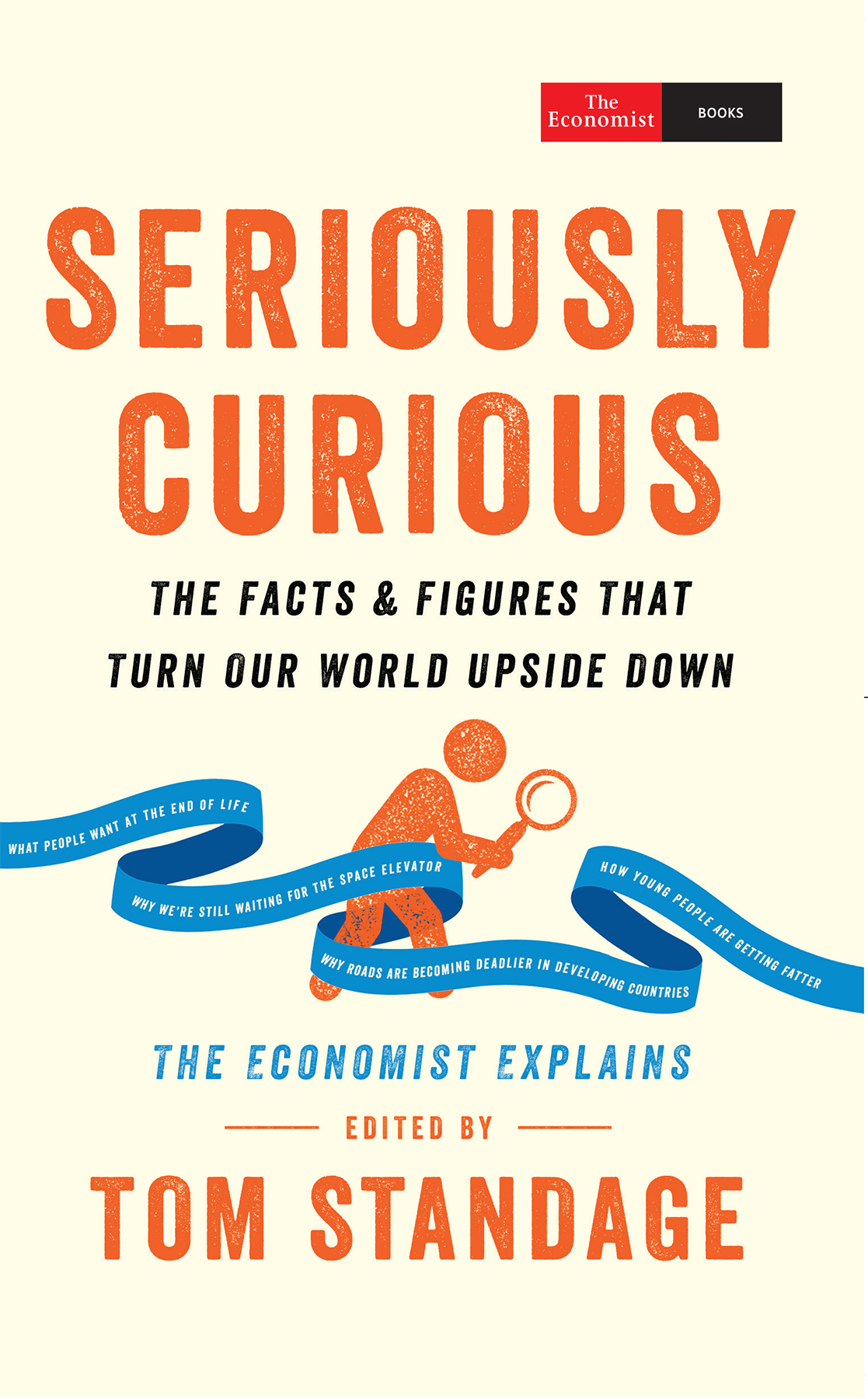Copyright 2018 by the Economist Newspaper Ltd
Cover design by Pete Garceau
Cover copyright 2018 Hachette Book Group, Inc.
Hachette Book Group supports the right to free expression and the value of copyright. The purpose of copyright is to encourage writers and artists to produce the creative works that enrich our culture.
The scanning, uploading, and distribution of this book without permission is a theft of the authors intellectual property. If you would like permission to use material from the book (other than for review purposes), please contact permissions@hbgusa.com. Thank you for your support of the authors rights.
PublicAffairs
Hachette Book Group
1290 Avenue of the Americas, New York, NY 10104
www.publicaffairsbooks.com
@Public_Affairs
The Economist in Association with Profile Books Ltd. and PublicAffairs
Originally published in 2018 by Profile Books Ltd. in Great Britain.
First US Edition: November 2018
Published by PublicAffairs, an imprint of Perseus Books, LLC, a subsidiary of Hachette Book Group, Inc. The PublicAffairs name and logo is a trademark of the Hachette Book Group.
The greatest care has been taken in compiling this book. However, no responsibility can be accepted by the publishers or compilers for the accuracy of the information presented.
Where opinion is expressed it is that of the author and does not necessarily coincide with the editorial views of The Economist Newspaper.
While every effort has been made to contact copyright-holders of material produced or cited in this book, in the case of those it has not been possible to contact successfully, the author and publishers will be glad to make amendments in further editions.
The publisher is not responsible for websites (or their content) that are not owned by the publisher.
Library of Congress Control Number: 2018957599
ISBNs: 978-1-61039-993-7 (paperback), 978-1-5417-3012-0 (ebook)
E3-20181030-JV-PC
TOM STANDAGE is deputy editor of The Economist and the author of six books, including A History of the World in 6 Glasses. His writing has also appeared in the New York Times, the Daily Telegraph, the Guardian and Wired. Seriously Curious is the sequel to Go Figure, which he also edited.
WHAT LINKS DETECTIVES , scientists, economists, journalistsand cats? The answer, of course, is curiosity. They all want to discover more about the world. But their curiosity is driven by more than just a desire to understand the way things are. They also want to understand the underlying mechanisms that explain how things got to be that way, so that they can anticipate, predict or explain future events. Detectives want to uncover peoples motivations and solve crimes. Scientists want to devise new theories that will deepen their grasp of reality. Economists want to improve their understanding of the transactions that underpin human societies. Journalists want to create narratives that help people make sense of current affairs. Cats want to maximise their chances of getting their paws on more roast chicken.
All of them are constantly gathering evidence, devising theories and testing new avenues in pursuit of their goals. In all these fields, curiosity is not merely usefulit is vital. It is a willingness, or in fact a hunger, to discover new, previously unknown things. No wonder Thomas Hobbes called it the lust of the mind. Curiosity provides the spur to gather more raw material for analysis, by probing the limits of what is known.
Alas, the information-driven, evidence-based way of looking at the world has lately fallen out of favour. In a post-truth world, knowledge is scorned, facts are optional (or can be challenged by alternative facts) and reality can be distorted or ignored. But the seriously curious know that in the long run, reality will always prevail. Curiosity leads people towards a more accurate understanding of the world; only the terminally incurious can maintain a distorted or inaccurate worldview for long, and only then by walling themselves off from evidence that challenges their outlook. Curiosity is the royal road to truth.
So this book takes a stand, in its own small way, for the forces of curiosity, evidence and reason. It brings together unexpected explanations and fascinating facts from The Economists output of explainers and daily charts. Its mission is to show, through a series of entertaining examples, how logic and data can illuminate the hidden mechanisms that make the world work the way it does. Why do tennis players grunt? Why does polygamy make civil wars more likely? What is the link between avocados and crime? Why is there a shortage of sand? How does fracking boost birth rates?
Each of these questions is a miniature mystery story. Each one challenges you to imagine your own explanation, like a detective arriving at the scene of a crime. (You are probably wondering about those criminal avocados right now.) After a paragraph or two of context comes the explanation, and enlightenment dawnsor, just as satisfyingly, you discover that your theory was indeed the correct answer. Moreover, you now understand an aspect of how the world works better than you did before.
We hope this collection will stimulate and satisfy your curiosity. The very fact that you are reading this book at all, and have bothered to read to the end of this introduction, grants you admission, along with the detectives, scientists and cats, to the ranks of the seriously curious. Welcome to the club.
Tom Standage
Deputy Editor, The Economist
July 2018
Wherever polygamy is widely practised, turmoil tends to follow. The 20 most fragile states in the world are all somewhat or very polygamous. Polygamous nations are more likely to invade their neighbours. The polygamous regions of Haiti and Indonesia are the most turbulent; in South Sudan, racked by civil war, perhaps 40% of marriages involve multiple wives. One study, by the London School of Economics, found a strong link between plural marriage and civil war. How come?
Polygamy nearly always involves rich men taking multiple wives. And if the top 10% of men marry four women each, then the bottom 30% cannot marry at all. This often leaves them not only sexually frustrated but also socially marginalised. In many traditional societies, a man is not considered an adult until he has found a wife and sired children. To get a wife, he must typically pay a bride price to her father. When polygamy creates a shortage of brides, it massively inflates this bride price. In South Sudan, it can be anything from 30 to 300 cattlefar more wealth than an ill-educated young man can plausibly accumulate by legal means.
In desperation, many single men resort to extreme measures to secure a mate. In South Sudan, they pick up guns and steal cattle from the tribe next door. Many people are killed in such raids; many bloody feuds spring from them. Young bachelors who cannot afford to marry also make easy recruits for rebel armies. If they fight, they can loot, and with loot, they can wed. In a paper published in 2017, Valerie Hudson of Texas A&M University and Hilary Matfess of Yale found that a high bride price is a critical factor predisposing young men to become involved in organised group violence for political purposes. Jihadist groups exploit this, too. One member of Pakistans Lashkar-e-Taiba, which carried out the attack on Mumbai in 2008 that killed 166 people, said he joined the organisation because it promised to pay for his siblings to get married. Radical Islamist groups in Egypt have also organised (and helped to pay for) marriages for members. In northern Nigeria, where polygamy is rife, Boko Haram still arranges cheap marriages for its recruits.



